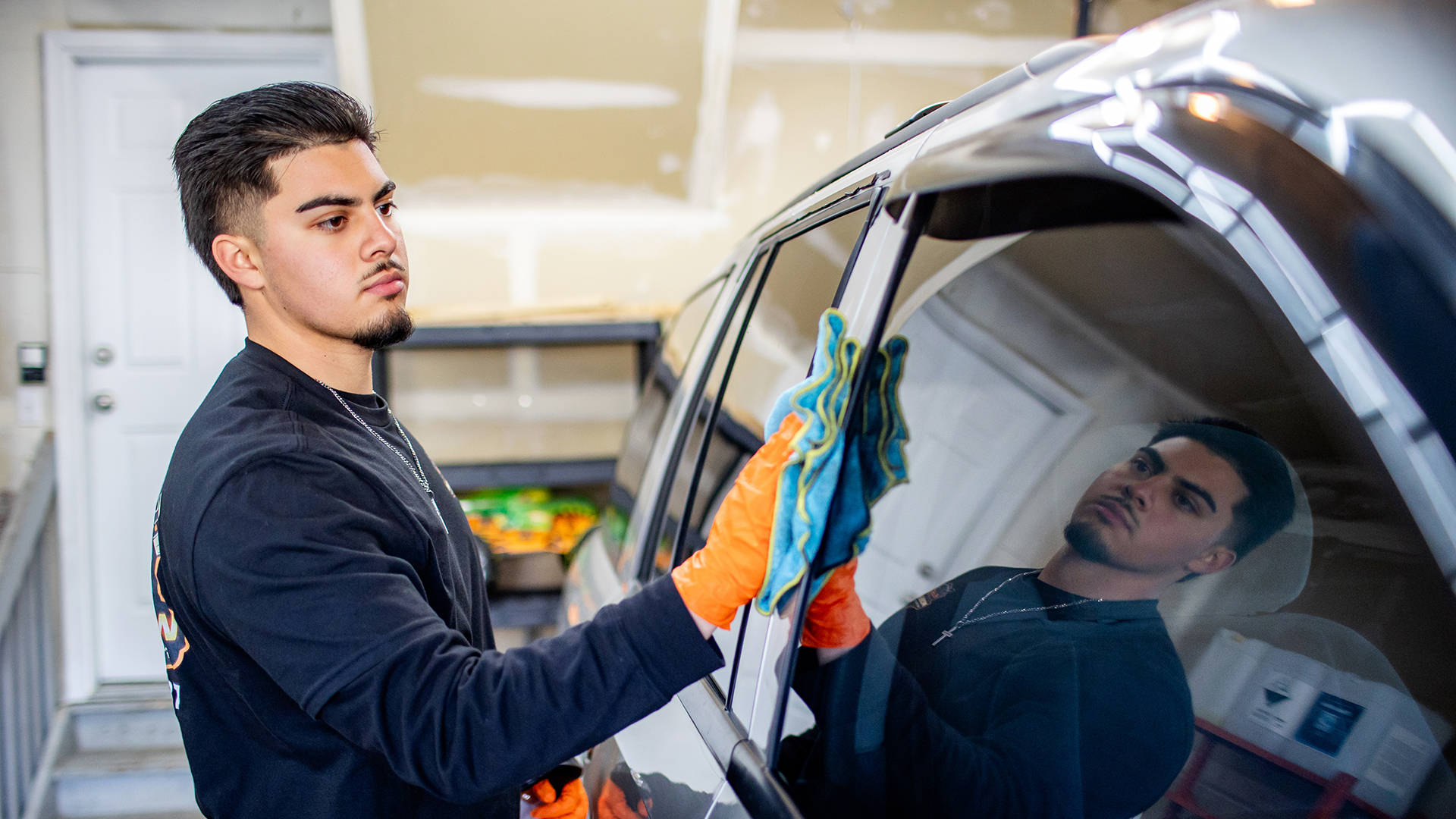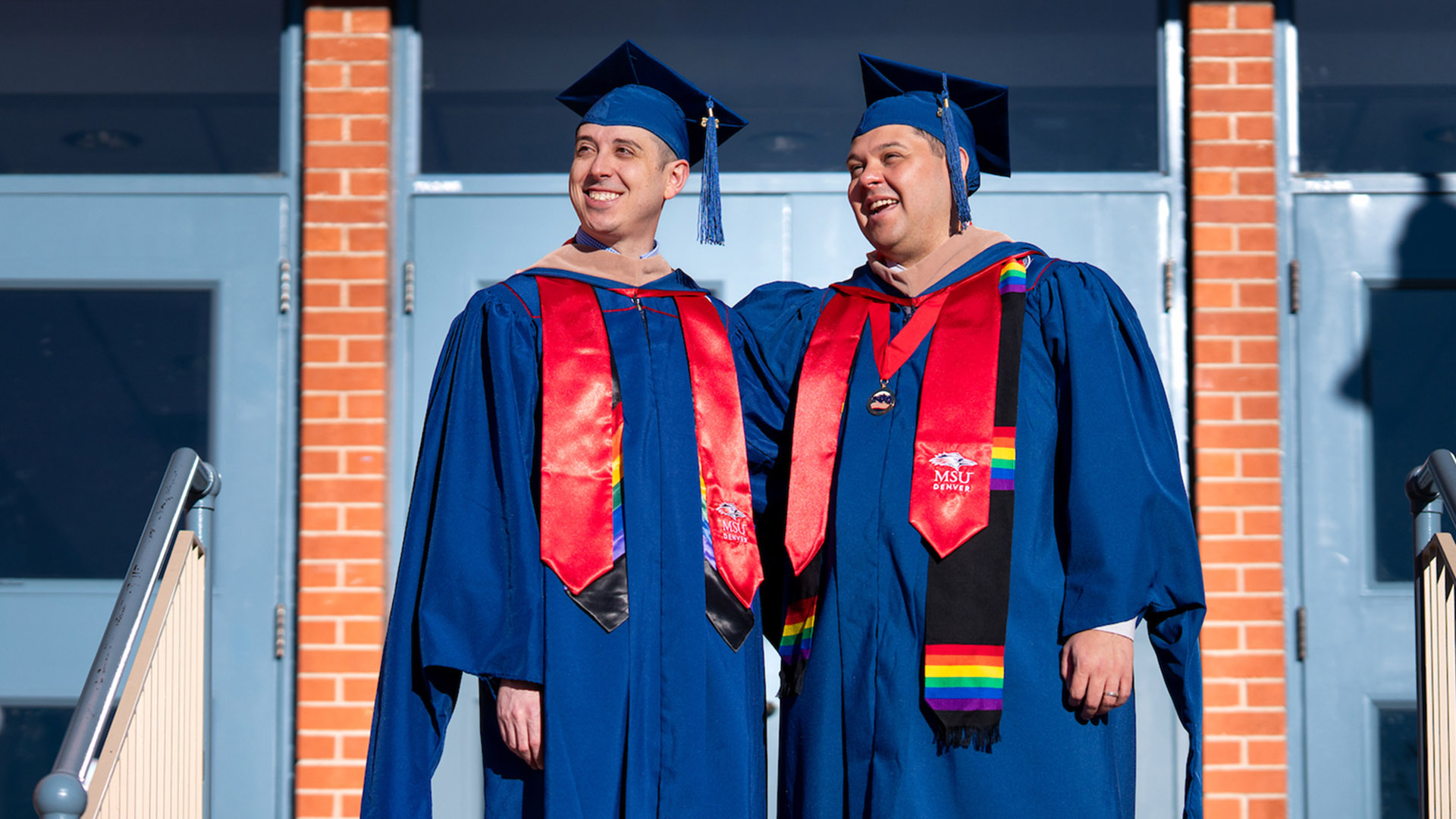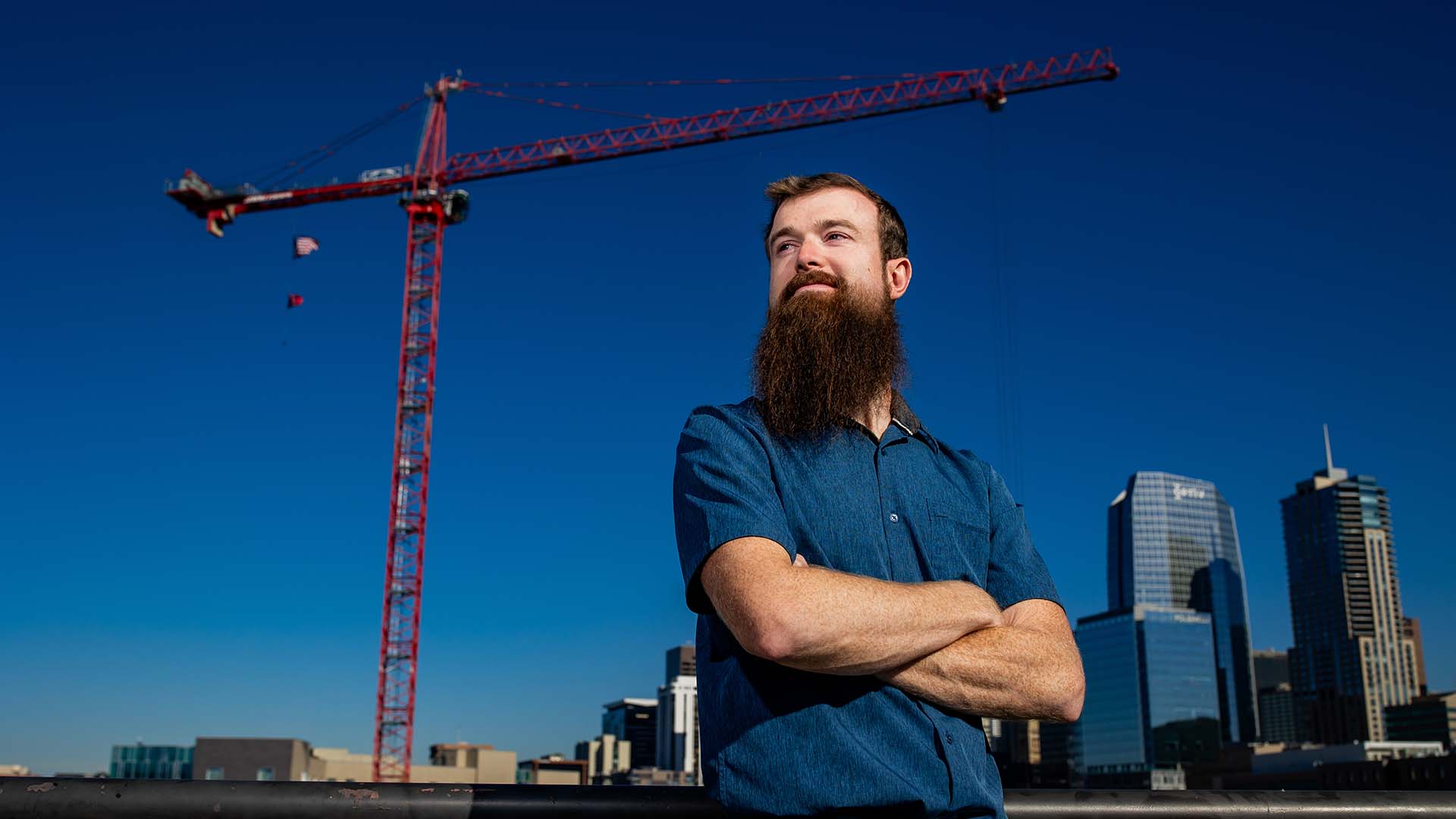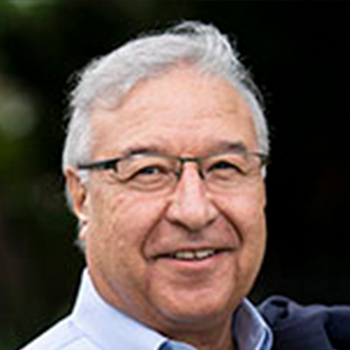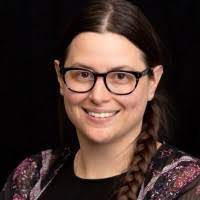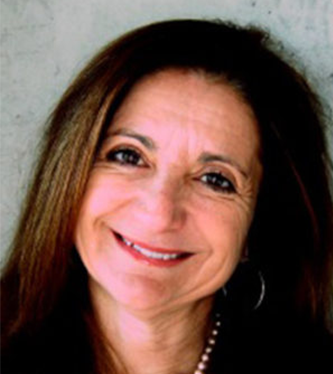When internships pay, everyone wins
Here's how MSU Denver is leveling the playing field for students who can’t afford to work for free.
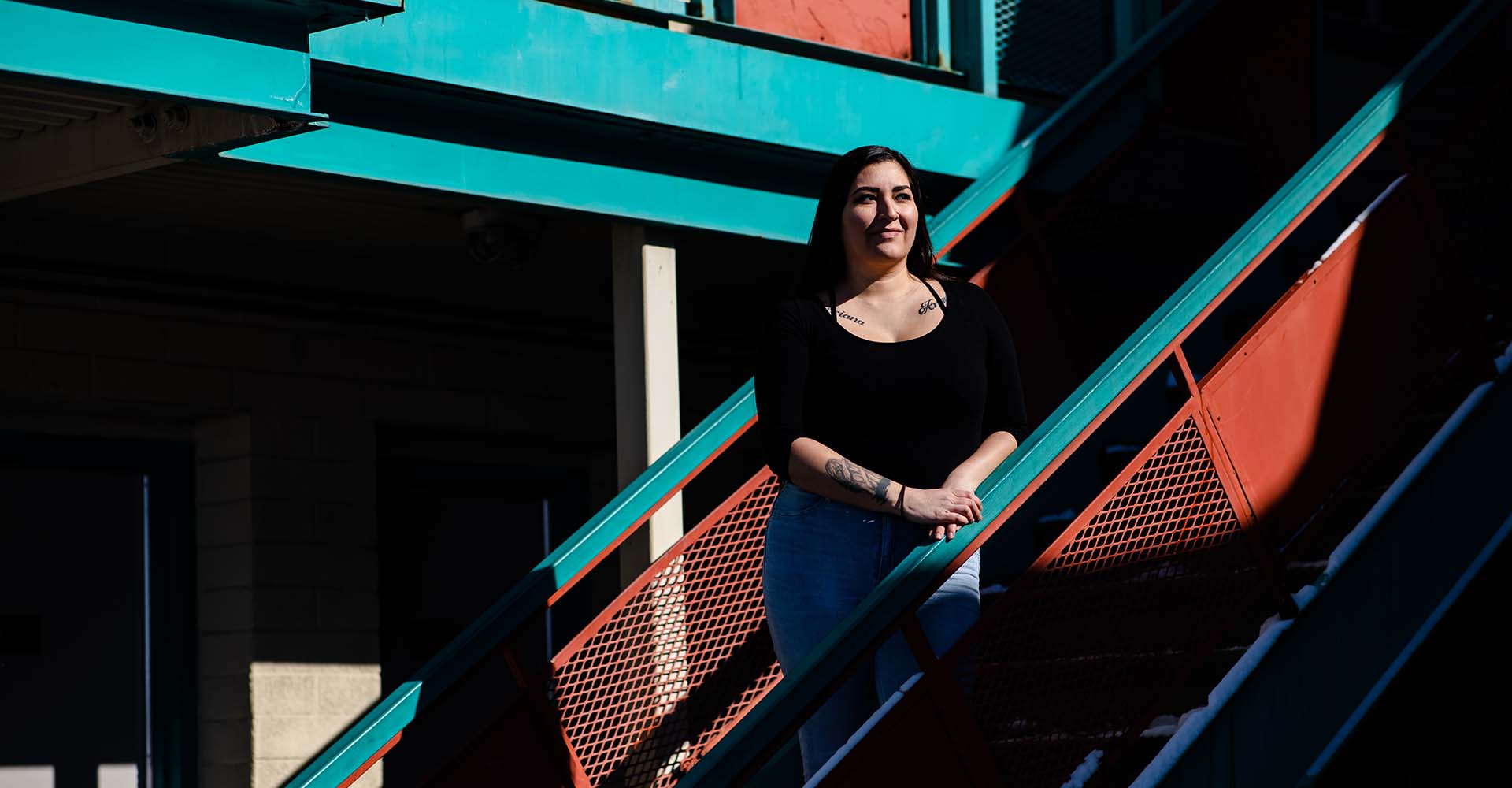
Crystalann Archuleta needed to do an internship. Not only is it a requirement for her social work degree at Metropolitan State University of Denver, but she saw it as the best way to develop the skills to achieve her goal of working in child welfare.
The only problem – the internship she wanted was unpaid.
As a single mother of three children, the Denver native was nervous to quit her job to focus on an unpaid internship, even though she believed that getting into a good career would mean more stability for her family in the long run.
In the end, she was able to take the internship and get paid, thanks to the Earn and Learn program at MSU Denver. Founded in fall 2018 with money provided by legislation passed by the Colorado General Assembly in 2018, the program provides a modest stipend to students who want to take unpaid internships. In spring 2019, the program served 25 students. By spring 2020, it is expected to serve at least 65 students.
“We noticed there was an equity issue in internships,” said Alyssa Marks, an industry navigator for civic engagement and public service careers in MSU Denver’s Classroom to Career Hub. “So many of our students work and many come from lower-income backgrounds and are supporting families, so being able to take time off for hands-on learning is just not feasible. We wanted to find a way to level the playing field.”
For Archuleta – one of the nearly 80% of students who work while they attend MSU Denver – the program gave her the chance to take advantage of a high-impact educational practice in her final semester.
“To know that I have financial support is a huge relief,” she said. “For a nontraditional student like me, it makes it more realistic that I can graduate on time and get into a career that serves the community.”
This spring, Archuleta is interning at Joshua Station, a transitional housing program for homeless families under the Mile High Ministries umbrella, where she gets to see the full spectrum of services available to families. She says the experience is preparing her for a future career, which she hopes will start in Child Protective Services.

Paying students for unpaid internships is not a wholly new concept says Marks: “There are a few other schools that have similar programs, but we believe this is a first of its kind in Colorado.”
The Earn and Learn program was developed as a pilot by Marks and Rhonda Eaker, Ph.D., former director of faculty engagement in MSU Denver’s C2 Hub. In an article published on the National Association of Colleges and Employers website, they state that their goal was to “determine if we could increase the number of students doing internships, and, even more importantly, see if we could impact the demographics of the students doing internships.”
They started with three majors – political science, psychology and biology, fields with few paid opportunities. For their comparison group, they used students from the same three majors who did internships in spring 2018.
The results were eye-opening: The spring 2018 comparison group had 22 students. When presented with the opportunity for a paid internship, the number of interns jumped to 50 in spring 2019 – an increase of 127%. Among those, socio-economic status seemed to be the most significant factor in interns’ decision-making process.
Marks says that the program is already evolving to meet more students’ needs, including opening the opportunity up to undergraduates in any major. The next steps are providing more support to students during their internship experience, as well as diversifying funding to grow the program and make it more sustainable. Studying the program’s impact on students will also continue to be a major component.
For Archuleta, the impact is clear. She’ll graduate with a Bachelor of Social Work in May and has already been accepted to the Master of Social Work program at MSU Denver for fall 2020. With an internship under her belt, she’ll continue to work toward a service career.
“I want to protect children from neglect and abuse,” she said. “I’m grateful I’ll have the opportunity to give back.”

